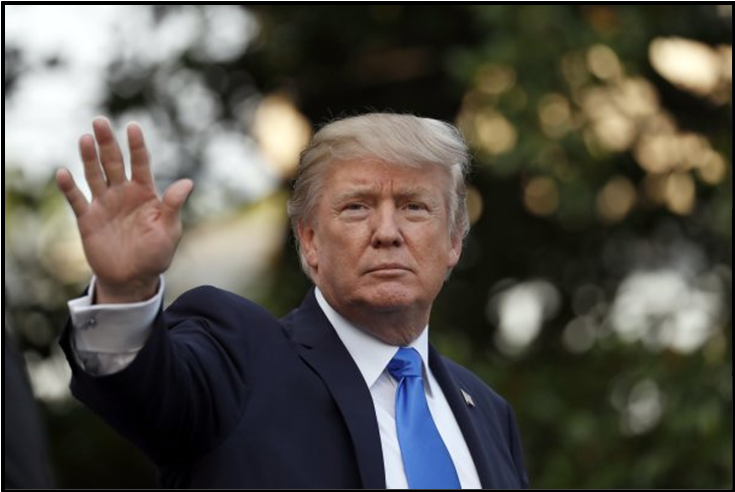Donald Trump cannot run for US President
News
- The Colorado Supreme Court has ruled that Donald Trump cannot run for President of the United States in the state next year, citing a constitutional insurrection clause and in a historic ruling, the court decided 4–3 that Mr. Trump is ineligible to run for office.
- This is the first time a presidential candidate has been disqualified under Section 3 of the US Constitution’s 14th Amendment.
- The ruling from last night does not apply to states other than Colorado. It has been put on hold until next month while an appeal is processed.
- The decision only affects the state’s primary election, which takes place on March 5 and will determine the Republican nominee for president.
- The ruling overturns a previous ruling by a Colorado judge, who held that presidents are exempt from the 14th Amendment’s ban on insurrection because the clause does not specifically mention them.
- Reason for such ban: The Colorado court had found that Donald Trump encouraged the Capitol attack on January 6, and was “engaged in insurrection.”
- For 14th Amendment of US Constitution visit: https://constitution.congress.gov/browse/amendment-14/#:~:text=No%20State%20shall%20make%20or,equal%20protection%20of%20the%20laws
| An Analysis of the Indian and US Judiciaries
● The judiciary serves as the constitution’s defender and interpreter in both the US and India, where the constitution is regarded as the “Supreme Law of the Land.” ● India adheres to the procedure established by law. In contrast, the USA upholds due process of law. ● The Indian Supreme Court’s original jurisdiction is limited to federal matters. However, the US equivalent has more power. ● On the other hand, the Supreme Court of India handles civil, criminal, and constitutional cases in the course of exercising its appellate jurisdiction. The Supreme Court of the United States is limited to cases involving the constitution. ● The Indian Judicial System may grant Special Leave to Appeal with broad discretion. Nonetheless, the American Judicial System lacks the plenary authority to grant this kind of appeal. ● Judicial Review scope is limited in India but has a much wider scope in US. Note: According to the Indira Gandhi v. Raj Narain case, judicial review is regarded as a basic structure of the Indian Constitution and is covered by Article 13(2). |
Disclaimer: All efforts have been made to represent India accurately and as per India government. However, Universal School of Administration, Bengaluru and its associated people do not own any responsibility for the correctness or authenticity of the same. Please notify on the email: [email protected] if any inconsistency is found for the factual correctness.




